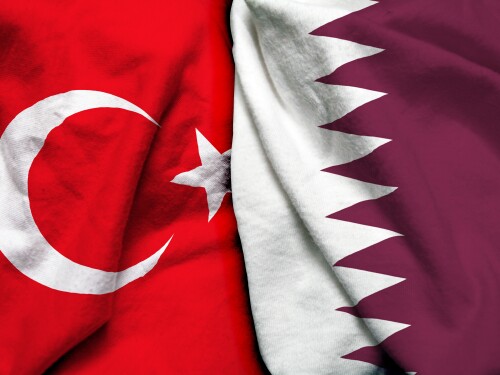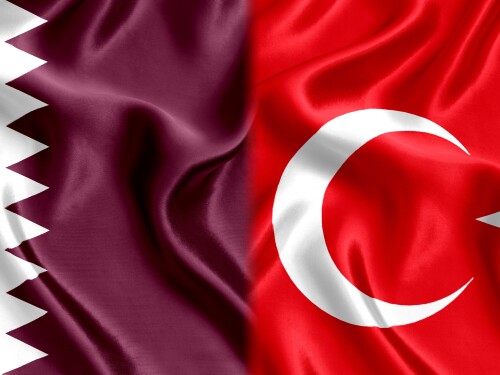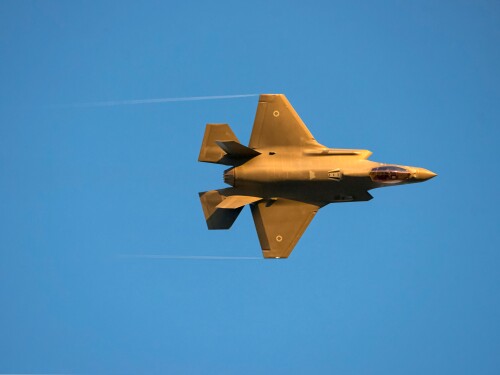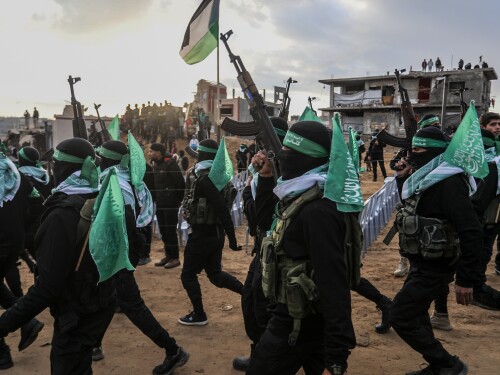Qatar
The Qatari-Turkish Axis Is Using Religious Networks to Project Influence and Challenge Its Rivals
The Case Against Turkey Is Not a Matter of Conjecture or Partisan Polemics; It Is a Matter of Open Record
While Harbouring and Funding Hamas and Spreading the Muslim Brotherhood’s Agenda, Qatar Has Styled Itself as an Ally and ‘Mediator’
Algeria Has Again Revealed Its True Colors by Calling for an Emergency Session of the United Nations Security Council Following Israel’s Precision Strike on Hamas Leadership in Doha
Qatar, a Country That Bankrolled Hamas Before, During, and After the Oct. 7 Massacre, Is Showing Its True, Anti-Semitic, Hateful Colors
Qatari Officials Long Pursued Policies That Coddled Terrorists and Promoted Extremism
India’s Decision Smacks of Ignorance or Appeasement of Qatar’s Funding of Islamist Charities and Religious Organizations in India
Qatar’s Activities in the Middle East Have Handily Been Described as Combining the Functions of the Arsonist and the Firefighter
The System of Managed Incoherence Has Reached a Revision Point
Tuesday’s Blasts in Doha, Qatar, Shattered the Illusion That Masterminds of Mass Murder Can Recline in Five-Star Safety and Call It ‘Diplomacy’
Qatar’s Role as a Mediator Is Meant Less to Resolve Conflict and More to Win Immunity and Escape Accountability for Action
The Explosions That Shattered the Morning Calm in Doha’s Katara District on September 9, 2025, Marked a Restoration of Moral Clarity in Warfare
From the Comfort of Its Control Center in Doha, Hamas Rejected Proposals to Free All the Hostages and Rejected Deals to End the War with Israel
A Case Study at Northwestern University: Exposing Title VI Noncompliance, Civil Rights Violations, and Student Radicalization
Persian Gulf Countries in the Last Several Decades Have Built Mosques and Cultural Centers to Hold Sway in Europe and America
USC’s Tendentious Approach to the Middle East Appears Rooted in Not Only Poor Judgment but Also Foreign Influence
Greater Somalia Is as Much a Dream as Egyptian President Gamal Abdel Nasser’s Pan-Arabism
The Broad Participation of Arab Countries in Reconstruction Suggests a Push to Keep Syria from Falling Back Into Iran’s Orbit
Iran’s Regime Has Been Unable to Properly Develop Its Share of a Critical Natural Gas Field—and That’s Good for Qatar




















